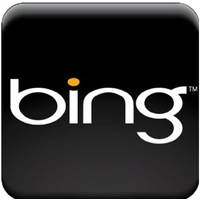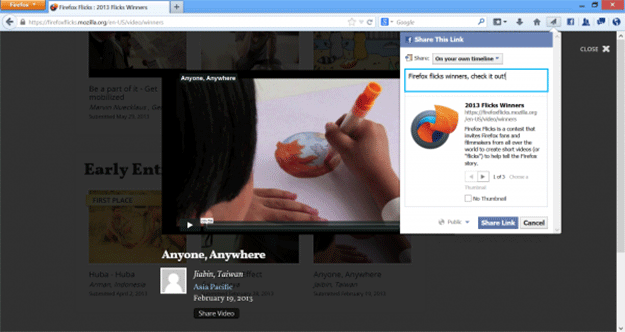Many email servers refuse to accept email attachments over 10MB in size. While attachment sizes haven’t kept up with the times, there are other easy ways to send someone large files over email.
If you’re using Gmail or Outlook.com, your email service will automatically give you a helping hand and suggest alternatives. If you’re using a desktop email client or another service, you may need to know about these tricks yourself.
What’s the Maximum Size of an Email Attachment?
In theory, there’s no limit to the amount of data you can attach to an email. Email standards don’t specify any sort of size limit. In practice, most email servers enforce their own size limits.In general, when attaching files to an email, you can be reasonably sure that up to 10MB of attachments are okay. Some email servers may have smaller limits, but 10MB is generally the standard.
Gmail allows you to attach up to 25MB to a single email, but this is only guaranteed to work if you’re emailing other Gmail users. As soon as the email leaves Gmail’s servers, it could be rejected by another email server. Many servers are configured to not accept more than 10MB of attachments.
It’s not even as simple as looking at the maximum attachment size of the service you use and the service you’re emailing — emails often travel over several mail transfer agents when they’re sent, so you may have your attachment rejected by a server along the way if you attach too much data.
You should also bear in mind that email attachments are generally MIME encoded, which increases their size by about 33%. So 10MB of files on your disk will become about 13MB of data when attached to an email.
Use a Cloud Storage Service
By far the simplest option would be storing the file — or files — you want to share in a cloud storage service like Dropbox, Google Drive, or SkyDrive. You could then share the file with someone and inform them that the file is shared over email. They could click a link and download the file directly to their computer.if you use Gmail or Outlook.com, you’ll find that Google and Microsoft have integrated Google Drive and SkyDrive into their respective email services. Just click the Google Drive or SkyDrive button when sending an email and you’ll be able to share a file via email. Gmail and Outlook will walk you through choosing a file that already exists in your cloud storage drive or uploading a new file.
If you use something like Dropbox, you can share the file from the cloud storage service’s website. For example, right-click a file on Dropbox’s website and select Share link if you use Dropbox.
This is the option many email providers are pushing us towards — if you try to attach a large file in Gmail or Outlook.com, you’ll be prompted to upload it to Google Drive or SkyDrive first.
Create and Send Multi-Part Archives
If you’re looking for a more traditional, do-it-yourself method, you can opt split the file up into smaller parts. For example, if you had a 50MB file you wanted to email, you could use a file compression program like 7-Zip to create an archive containing that file, splitting the archive into five 10MB pieces.You could then attach all the 10MB portions to separate emails. The recipient would have to download each attachment and use a file extraction program to extract the larger, complete file from the separate archives.
This traditional method still works as well as it always did. However, it can be fairly cumbersome. Many people would be confused by the separate attachments and wouldn’t enjoy jumping through hoops to reassemble them. If you’re not sure whether your recipient will know how to do this, it’s probably better to choose an easier method.
Use a Large-File Sending Service
In response to the difficulty of sending large file attachments over email, a large number of large-file-sending services have sprung up online. These services allow you to upload a file and give you a link. You can then paste that link into an email and the recipient can click the link and download the file.These services have to make money somehow, and they may do it by displaying ads, limiting the maximum file size available to free users, or demanding a subscription fee. We’ve covered the many online services for sending and sharing large files before.
Such options work fine, but you may prefer using a cloud storage service instead. When you use one of these services, you’re entrusting it with your files — that works okay if your files aren’t particularly sensitive, but you’ll probably want to shy away from uploading sensitive data to a free service you haven’t heard of before. Of course, you could encrypt the files before uploading them — but that would add additional hassle for the recipient, too.
Many email services also block potentially dangerous file types, like .EXE files, because they could contain malware. If you used the services above instead, you’d be able to send links to such files without them being blocked.
Source: http://www.howtogeek.com/171328/how-to-send-large-files-over-email/















 With new logo and more.
With new logo and more.












